
John Clarke recommends Oliver Kearns’ book “The Covert Colour Line,” on racism as the foundation of US and British intelligence agencies.

John Clarke recommends Oliver Kearns’ book “The Covert Colour Line,” on racism as the foundation of US and British intelligence agencies.

We, Ukrainian researchers, artists, political and labour activists, members of civil society stand in solidarity with the people of Palestine who for 75 years have been subjected and resisted Israeli military occupation, separation, settler colonial violence, ethnic cleansing, land dispossession and apartheid.

A history of Stop Cop City and the struggle to defend the Atlanta Forest. A must read for anyone interested in getting the whole story.

Shane Burley interviews militants from the antifascist network Anti-Racist Action, active in North America between the 1980s and early 2000s.

Frances Fox Piven reviews and praises Stephen Steinberg’s book Counterrevolution, on the rise of the racist right in the US, attacking the gains made by the Civil Rights Movement.
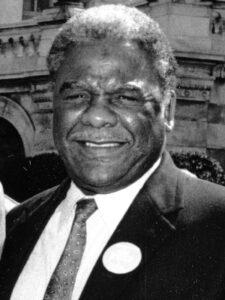
Guy Miller reviews Gordon K. Mantler’s “The Multiracial Promise,” an account and analysis of Harold Washington’s mayoralty in Chicago in the 1980s.
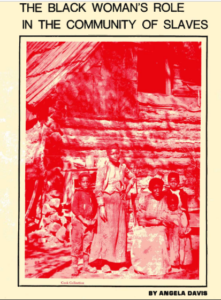
Before the Florida Department of Education issued its curriculum directive that slavery in the United States did, after all, produce “personal benefits” for the enslaved in the form of a well-stocked resumé of trades, useful after Emancipation in 1863, the board members might have consulted a seminal document in the literature of the oppressed—Angela Davis’s 1971 essay, “Reflections on the Black Woman’s Role in the Community of Slaves.”
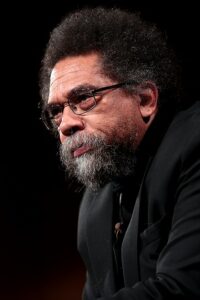
The most important Black candidate of the radical 1960s and 70s, if we judge by votes and delegates, was Shirley Chisholm.
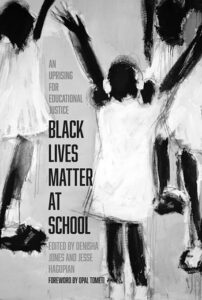
Phil Gasper interviews radical educator Jesse Hagopian about attacks on anti-racist education in the United States.
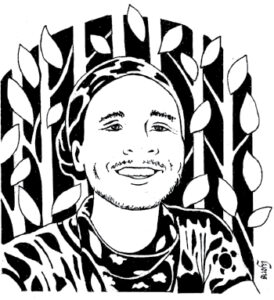
Dan Fischer analyzes the Stop Cop City movement in Atlanta, its roots in the Black Power movements and anarchist inspirations.

I say he was a French boy, because in official circles in France and in society at large race does not exist and so therefore neither does racism.

The NPA calls on people to mobilize alongside angry young people, to gather in front of town halls, every evening if necessary, to express our rage and our demands.

A large proportion of young people are subjected to racism on a daily basis, victims of prejudice, discrimination and violence.

While I admire the political values of these two scholars, I don’t find either of these books satisfying because they like many other authors perpetuate the romantic view of Ricardo Flores Magón.

Starting in April 2021, a bold movement set out to defend Weelaunee Forest in Atlanta, Georgia, where local politicians and corporate profiteers want to build a police training compound known as Cop City. In the following assessment, participants evaluate the strategic hypotheses that the movement has produced and tested over the past two years and reflect on the risks and possibilities of the next phase of the struggle.

Interview with Abundia Alvarado, a co-founder of Mariposas Rebeldes and a member of the movement to protect Weelaunee Forest from the construction of Cop City.

There is no question that “cancel culture” is a legitimate tool of a vibrant democratic culture, especially as it allows the powerless to redress the abuses and the offensive behavior directed at them by powerful public figures.
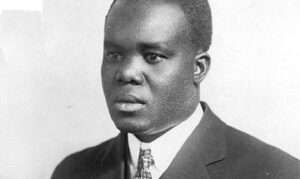
With the completion of his biography of Hubert Harrison, Jeffrey B. Perry has made a monumental contribution to our understanding of one of Black history’s most important yet neglected figures. Hubert Henry Harrison (1883-1927) was the first Black figure in the . . .
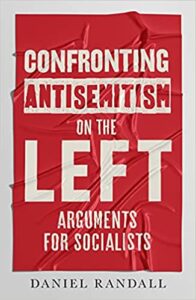
Left antisemitism is all too real, has especially strong roots in Stalinism, and functions as a dangerous frame for conspiratorial thinking.